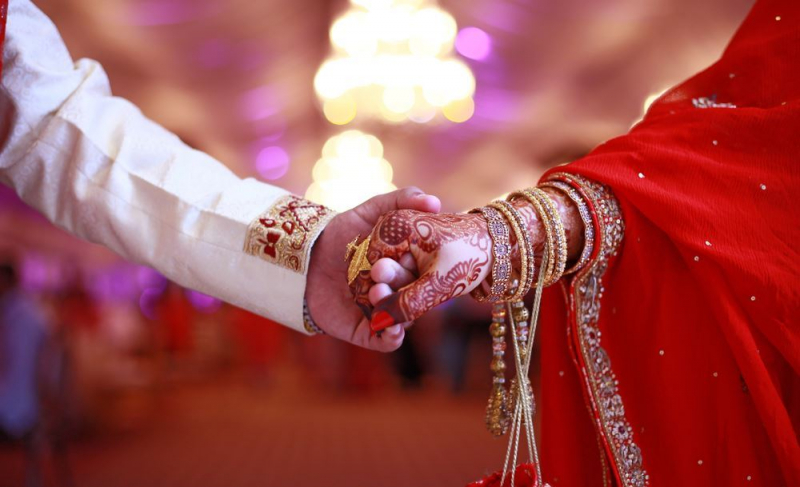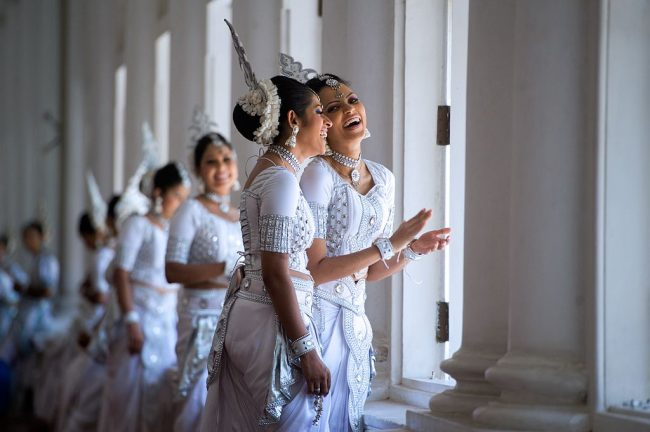Wedding Rituals
Weddings are large sacred occasions for Somalis to celebrate life, prosperity, and generosity. A massive platter of diq, a dish made of small pieces of meat wrapped in date paste, is prepared by the bride's mother and other female relatives. The bride also receives gifts that will provide her with comfort in her new life, such as a television, washing machine, air conditioning, and other items. Historically, Afar men were required to marry cousins on their mother's side. It used to be fairly common for newlyweds to fight on their first night of marriage, according to some senior members of the Afar community. As funny as it might sound, winning the battle was a honour question, hence the man had to win to keep his wife, house and ensure the respect of the family and the tribe.
According to Djibouti wedding traditions, a couple planning to marry should first visit the groom's parents, followed by a visit to the lady's house. Following their introduction, the couple organizes a meeting for their parents to discuss dowry payments. In Djibouti culture, the groom pays a dowry to the girl's family to show his appreciation. Dowry payments are typically made in the form of cattle or sheep. A Djibouti wedding ceremony includes both dancing and singing to traditional wedding songs. Before allowing a couple to marry in Djibouti, the culture considers a number of factors, including circumcision, family background, and fertility of both the man and woman to be married.









